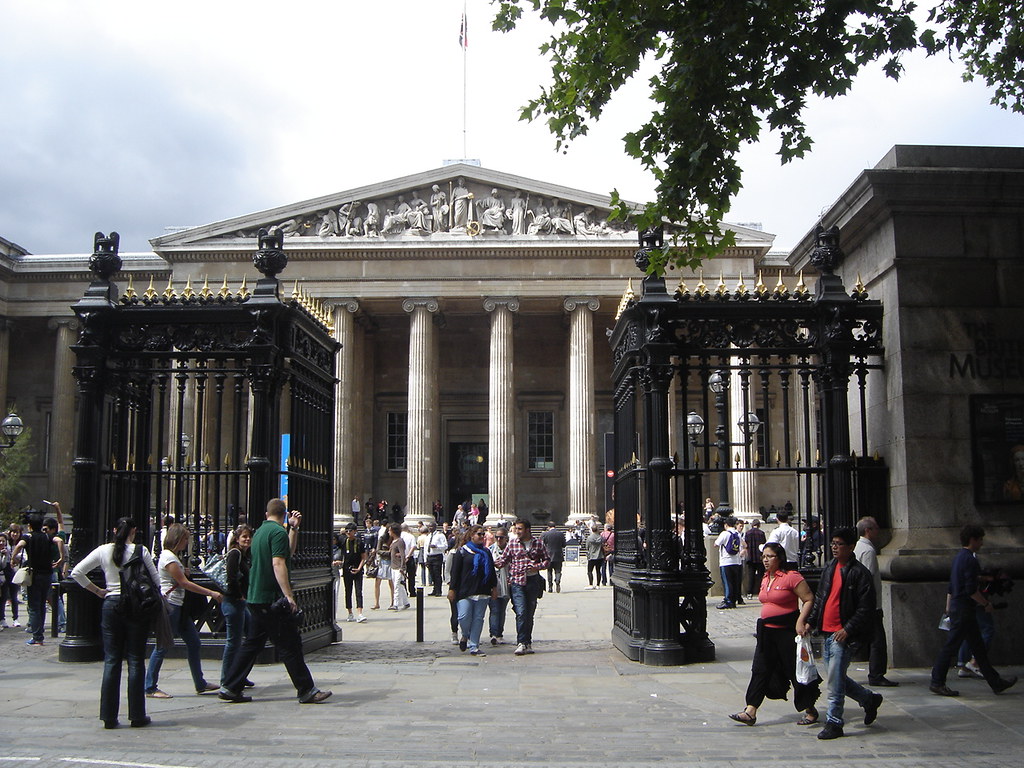The British Museum has suffered an unprecedented spate of thefts. Back in August, the museum reported the theft of thousands of pieces, including over 1,500 historical artifacts; now it has announced plans to digitize its entire permanent collection, totaling over eight million pieces, as reported by ARTNews.
The scope of the project is daunting; it will require the documentation and upload of more than 2.4 million records and is estimated to take more than five years to complete. Digitization is also an expensive process, which has been one of the primary hurdles when it comes to these projects. The British Museum will spend a grand total of $12.1 million on the process.
“It is my belief that the single most important response to the thefts is to increase access, because the better a collection is known – and the more it is used – the sooner any absences are noticed,” interim museum director Mark Jones said in a statement.
The thefts may not be the only reason behind the digitization project, the museum is also using this announcement to forestall repatriation requests for the return of certain items. Museum board chairperson George Osborne told the UK Parliament’s Culture, Media and Sport Committee that they plan on using the digitization efforts as a response to these requests, saying the museum has a “pretty good website” that offers digital access “even if you cannot visit.”
As necessary as this project is deemed to be, the reality for now is that the Museum lacks the funds to carry it out. It vows to raise the funds via private investors and not by asking taxpayers or the British government. The museum has already digitized half of its collection as part of a project started back in 2020.
The Covid restrictions had already proved to be an impetus to quite a bit of digitization, particularly following a report by the National Science Foundation that urged these projects as part of a comprehensive strategy to protect the actual items from outside elements and to allow increased access for researchers. However, that same report says it will take decades before most museums are fully digitized at a global cost of $500 million, as noted by Science.
The question for art lovers is whether seeing a virtual image of the artefact can be as satisfying and rewarding admiring it in live form.












